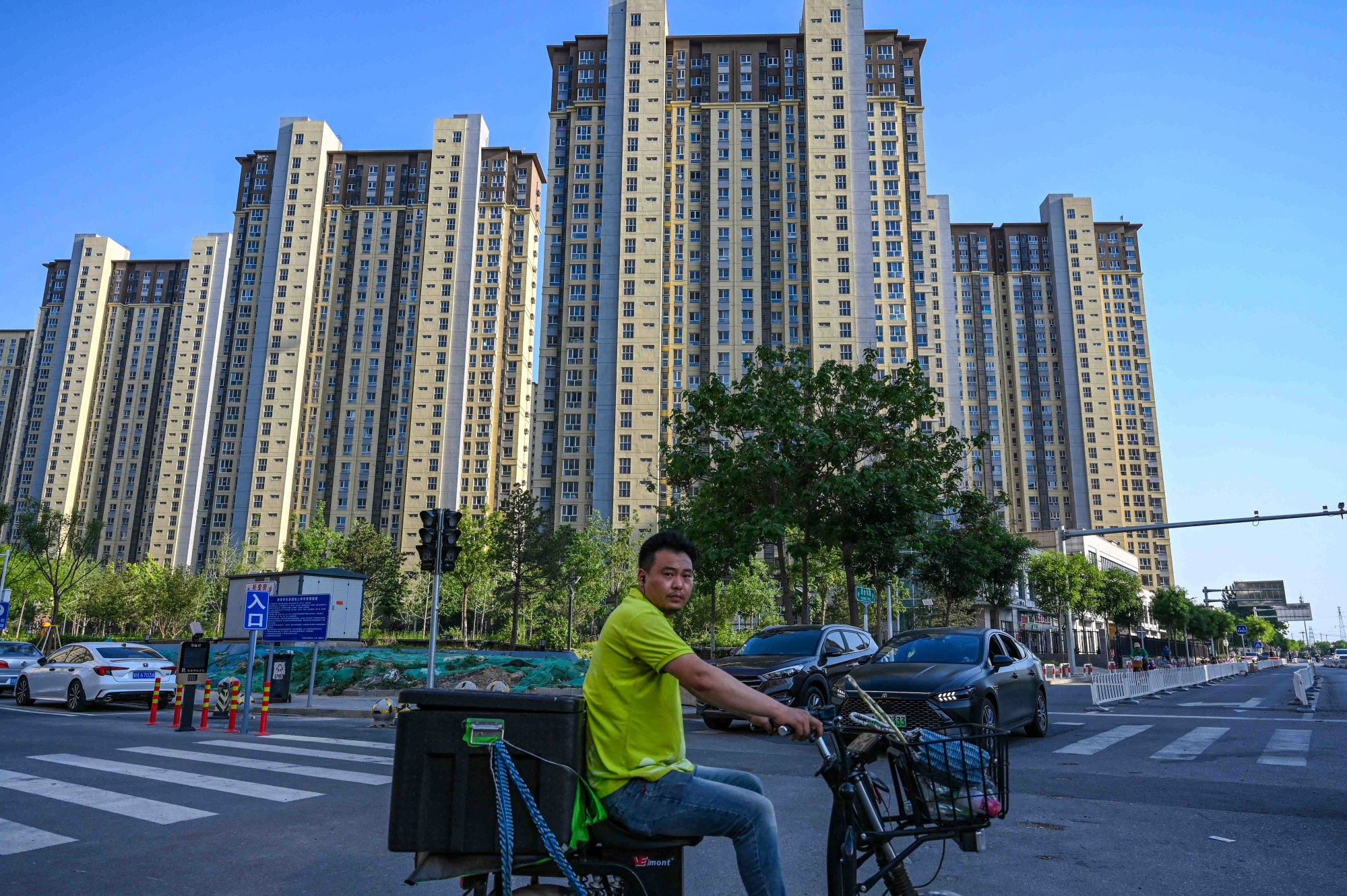Consumer sentiment and business confidence will pick up now that China has introduced a series of “pragmatic” measures to revive the property and capital markets with a view to aiding its economic recovery, according to private-equity investors.
“As the Chinese government introduced more pragmatic measures to deal with the housing crisis and also the ongoing efforts to improve the regulatory policy framework, consumer sentiment, especially business entrepreneurial confidence, will likely continue to pick up from this point,” Fred Hu, founder of private-equity firm Primavera Capital Group, said on Monday at the Greater China Private Equity Summit in Hong Kong.
The improved views will drive personal consumption and private investment spending, he added.

Clear and consistent macroeconomic and sector-level policies are required to improve the confidence and sentiment of consumers, companies and investors, both domestically and abroad, towards China, Joe Chang, principal of primary fund investments at private-equity giant Carlyle Group’s unit AlpInvest Partners, said at the summit.
“In the last month or so, we’ve witnessed a lot of encouraging signs from the government really taking it seriously, including the real estate sector, which is a big thing – 25 per cent of the economy,” he said.
“You want to get it right. Hopefully the effect will really come through towards later this year or next year. So I’m bullish.”
China’s economic recovery is “well under way” despite multiple challenges, said Hu, the former Goldman Sachs chairman for Greater China.
“The widespread pessimism about China’s economy is overblown,” he said. “Incorporating the latest data points out of China, it’s quite clear that China remains one of the fastest growing and most consequential global economic powers.”
He added that China continues to extend many opportunities for private-equity and venture-capital investors, pointing to the country’s manufacturing and export capabilities.
“China is not out of the global supply chain,” Hu said. “In fact, the position remains incredibly strong.”
China’s post-pandemic surplus in manufacturing reached about 2 per cent of global gross domestic product, exceeding the peak surpluses run by export powerhouses like Japan and Germany, according to the Council on Foreign Relations.
“The Hong Kong exchange has actually received many, many applications just simply in the last few weeks looking to potentially list in Hong Kong,” Leung said. “We see that Hong Kong has an important role when it comes to bridging China and the US. We see more and more international investors or visitors coming to Hong Kong for more activity.”

